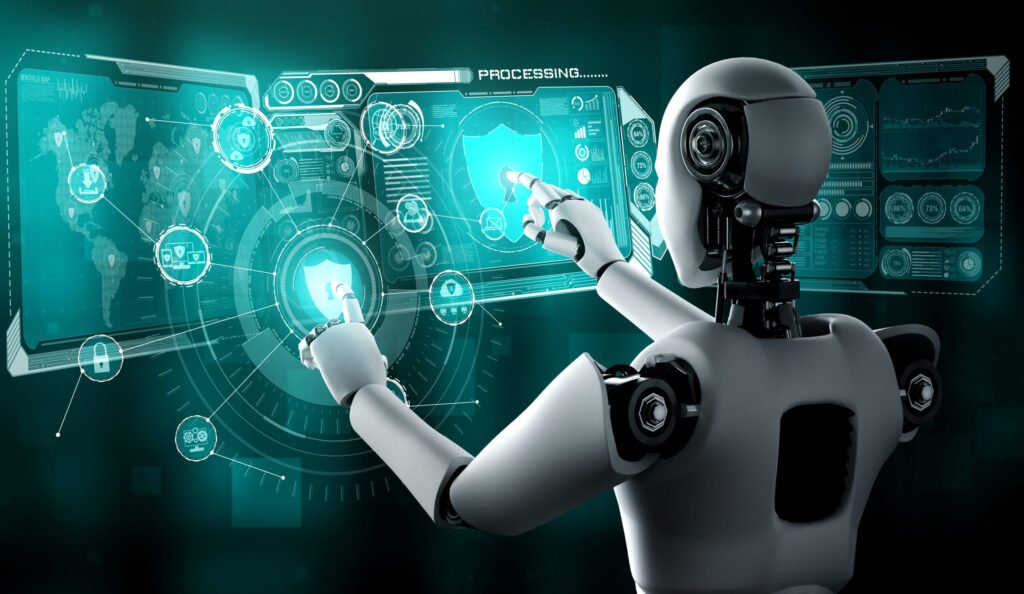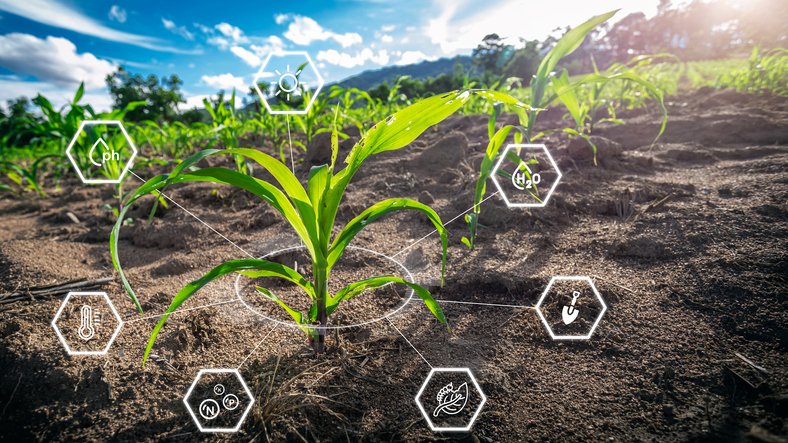Introduction
Artificial Intelligence (AI) is no longer confined to crunching numbers or automating repetitive tasks. It now writes poetry, composes symphonies, paints digital art, and even helps write movie scripts. With each passing year, AI is inching closer to what was once considered the sacred domain of human creativity.
This raises a profound question:
What happens if AI becomes more creative than humans?
Will it empower us, compete with us, or redefine what creativity means altogether?
Understanding Creativity: Human vs. Machine
🤔 What Is Creativity?
Creativity has long been considered the ability to:
- Imagine something that doesn’t yet exist
- Combine concepts in novel ways
- Express emotion, intent, or purpose
Humans draw from experience, emotion, culture, and intuition. AI, on the other hand, draws from data—patterns in images, text, music, and behavior.
But new AI systems like GPT-4, DALL·E, Midjourney, and Google’s MusicLM are producing works that many people mistake for human-made. That’s a seismic shift.
What Would It Mean for AI to Be More Creative Than Humans?
🎨 1. Redefining Art and Authorship
If AI creates a painting or a film more compelling than what a human artist could create, who is the “artist”?
Does creativity mean intentionality or just output that moves people?
When AI-generated art wins competitions—as it already has—critics and artists alike are forced to rethink authorship.
💼 2. Disruption of Creative Industries
Writers, musicians, designers, filmmakers, marketers—professions built on creative input—could face massive disruption.
- AI-generated advertising
- Auto-written books
- Scriptwriting tools for Hollywood
- Virtual musicians and performers
Creativity may become democratized, but also commodified.
🧠 3. New Role for Human Creativity
Humans might shift from creators to curators, editors, and collaborators, guiding AI output toward desired goals.
Think of it as:
- Prompt engineering instead of brush painting
- Creative direction over raw creation
A human-AI partnership model may emerge where machines generate and humans refine.
🌐 4. Ethical and Philosophical Dilemmas
- Should AI-generated art be labeled?
- Can an AI win a Pulitzer Prize or Grammy?
- Should AI be eligible for copyright?
- Will human creativity lose value?
These are not science fiction questions—they’re already being debated by legal, ethical, and academic communities.
Can AI Truly Understand Creativity?
Some argue AI will never be truly creative because it lacks:
- Consciousness
- Emotion
- Self-awareness
- Intent
But others believe creativity is about results, not inner experience. If AI creates music that moves us or stories that inspire, does it matter how it was made?
The Future: Augmented Creativity
Rather than replacing human creativity, AI may amplify it:
- Artists using AI to explore new styles
- Writers generating plot ideas faster
- Musicians composing with virtual co-creators
- Architects designing more efficiently
The real future might not be “AI vs. Humans” but “AI + Humans”—a powerful combination unlocking creative potential we’ve never seen before.
Conclusion
If AI becomes more creative than humans, it will challenge our identity, industries, and definitions of creativity itself. But it doesn’t have to be a threat. It can be a new chapter—one where human imagination is extended by artificial brilliance.
The key lies in how we choose to collaborate with it—not compete against it.
Want to Use AI for Your Creative Business?
At TechsterTech.com, we help creators, marketers, and businesses unlock the power of AI to enhance creativity, content, and customer engagement. Whether you’re an artist, startup, or brand, we can help you stay ahead of the curve.



